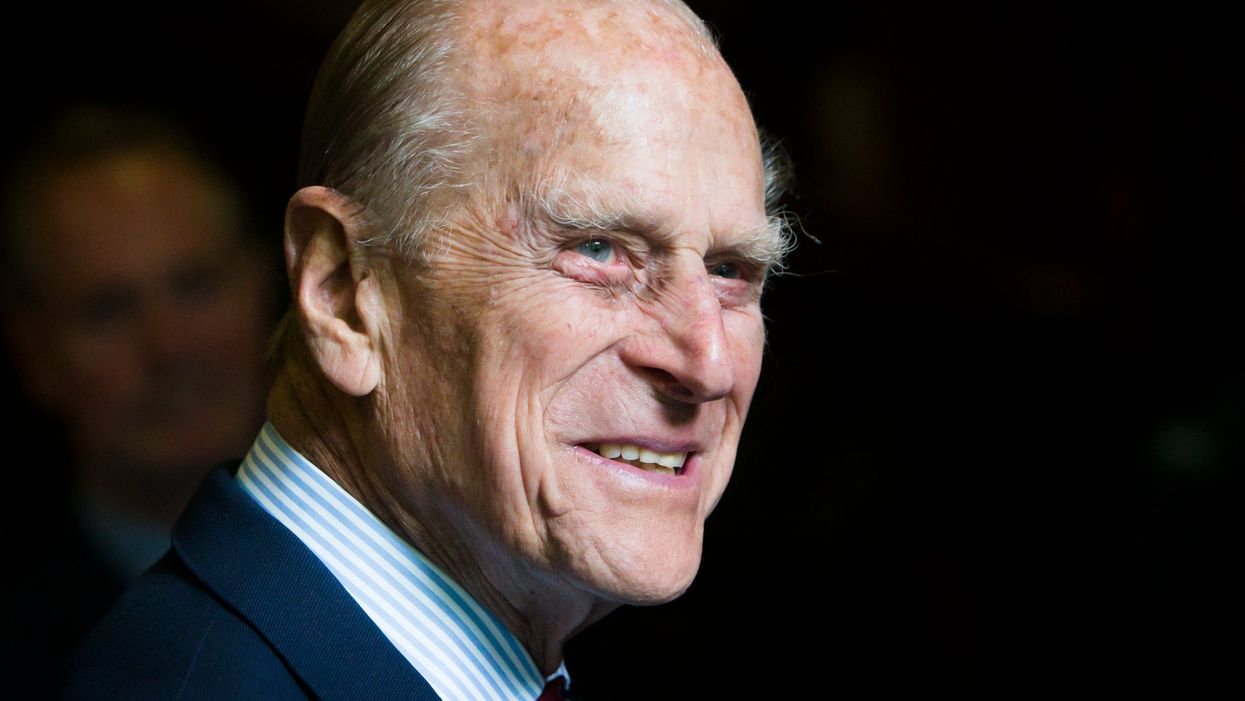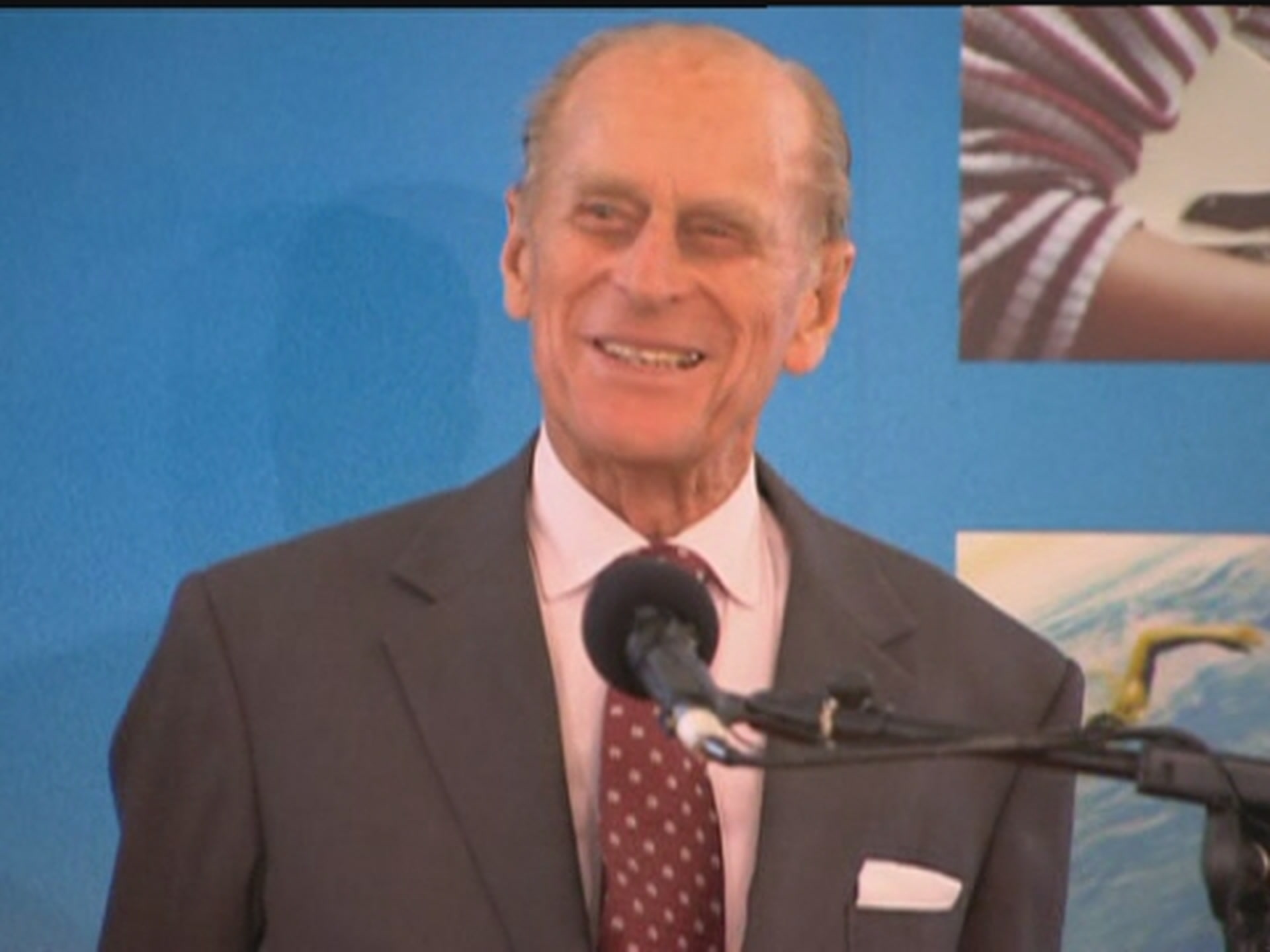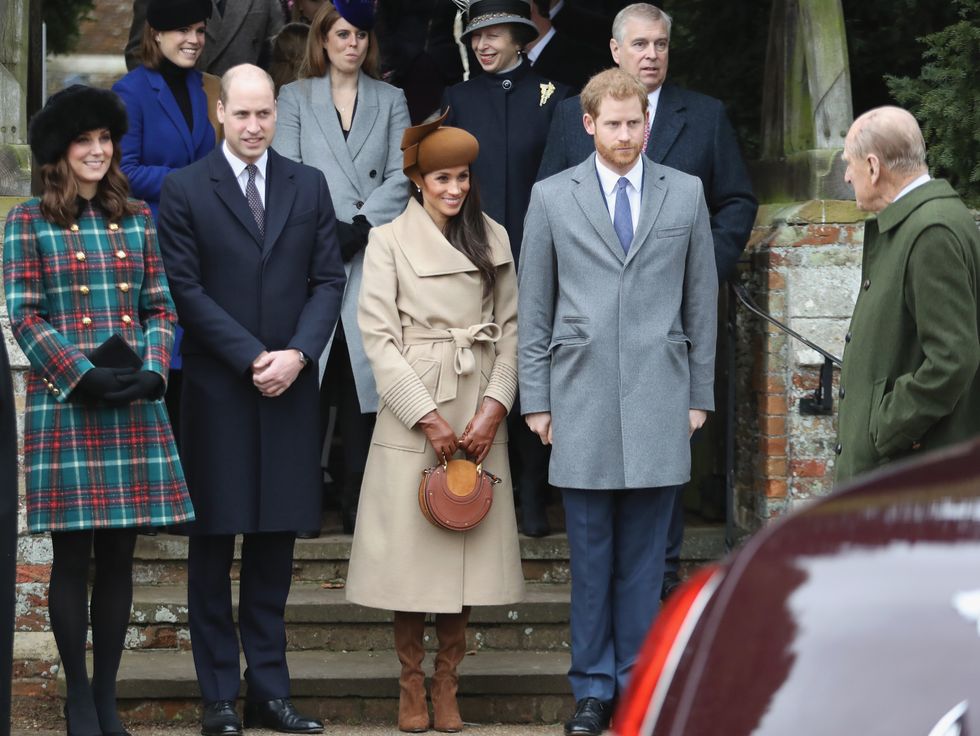
The Duke of Edinburgh’s life will be celebrated today at his funeral.
Buckingham Palace announced on April 9 that Prince Phillip had passed away at the age of 99. He was hospitalised earlier this year for over a month. In this time he underwent surgery on a pre-existing heart condition, and was discharged back to his residence at Windsor Castle until his passing.
Husband to the Queen for 73 years, his royal career has been a journey of triumph and controversy. Regarded as a “notorious for his iron certainties” with a “colourful” history, there are no doubts he left a legacy on the Royal Family.
1) His decades-long devotion to the Queen
The duke spent more than 70 years as the Queen’s companion. Netflix’s The Crown presented a compelling depiction of their relationship, despite some various deployments of poetic license.
As a pair, they navigated life with hugely contrasting personalities. Philip’s sense for adventure is well documented, but he always found balance in the Queen’s composure.
His support was unwavering as he stood by her side through each decade of her reign as Britain’s longest serving consort to a monarch. She once said she owed “him a debt greater than he would ever claim, or we shall ever know”.
2) Thousands of public engagements
Philip’s life was devoted to public duty - it has been reported that the Duke carried out over 20,000 solo public engagements before retiring in August 2017 at the age of 96.
From entertaining visiting presidents and hosting charity receptions, his energy was unwavering.
3) Eye watering “gaffes”

Philip was famous for his controversial comments. It’s hard to conceive of a minority group that didn’t bore the brunt of his offhand remarks about gender, race, and social class.
From describing Chinese people as “slitty eyed” to telling a child he was “too fat” to become an astronaut, the Duke’s attitudes were met with disdain or vigour, depending on who you ask.
4) Creating the Duke of Edinburgh Award
To this day, many people still don’t realise that the award completed in their school days was the brainchild of the actual Duke. Those that completed the award to Gold standard were even invited to a ceremony to meet him.
He set up the youth achievement awards programme in 1956 and it became one of the best-known self-development and adventure schemes for 14 to 24-year-olds. Millions have signed up to work towards their Bronze, Silver and Gold Awards and the scheme has been praised for challenging young people.
5) No-fuss approach to the Monarchy
The Duke was a no-nonsense man who could not bear a fuss. Occasions filled with pomp were perceived as an irritant: illness did not require sympathy and his birthdays were kept as low-key as possible.
Anything beyond that would reportedly put him in a foul mood.
6) His extraordinary youth
Born in Greece at a time of deep unrest, the Prince was exiled from the country as an infant and struggled to find stability.
In 1937 a 16-year-old Prince Phillip was forced to attend the funeral of multiple family members killed in a plane crash. It lead to a string of isolated formative years.
He had little contact with his parents throughout childhood - his mother was diagnosed with schizophrenia and subsequently placed in care, his father relocated to Monaco and remained absent throughout.
A troubled education at Scotland’s Gordonstoun meant life didn’t truly level out for him until his post-education training in the Royal Navy and the beginning of his courtship with the Queen.
7) Naval service
Prince Phillip had bold aspirations to one day head the Navy after years of successful training at Dartmouth. Of course, this was cut short due to the failing health of his father-in-law, George VI, which would result in his wife becoming Queen at the age of 27.
His life at sea was put aside for royal duty, but he always maintained close connections to the armed forces and their organisations.
For Philip’s 90th birthday, the Queen – in honour of what he sacrificed– poignantly bestowed upon him the title of Lord High Admiral, titular head of the Royal Navy.
8) A moderniser
Phillip struggled with his newfound role as Queen’s consort due to the undefined nature of the position.
When the Queen first became monarch, she gave Philip the task of reorganising her Balmoral and Sandringham estates. It grabbed the opportunity with both hands, and is credited for many attempts to modernise the Royal Family despite being advised to do otherwise.
“I tried to find useful things to do,” he once explained.
He was responsible for the 1969 BBC documentary observing the day to day goings on of the monarchy - a first for modern television. The documentary later went on to be “banned” by the family, but it marked the start of a closer relationship with British broadcast media.














